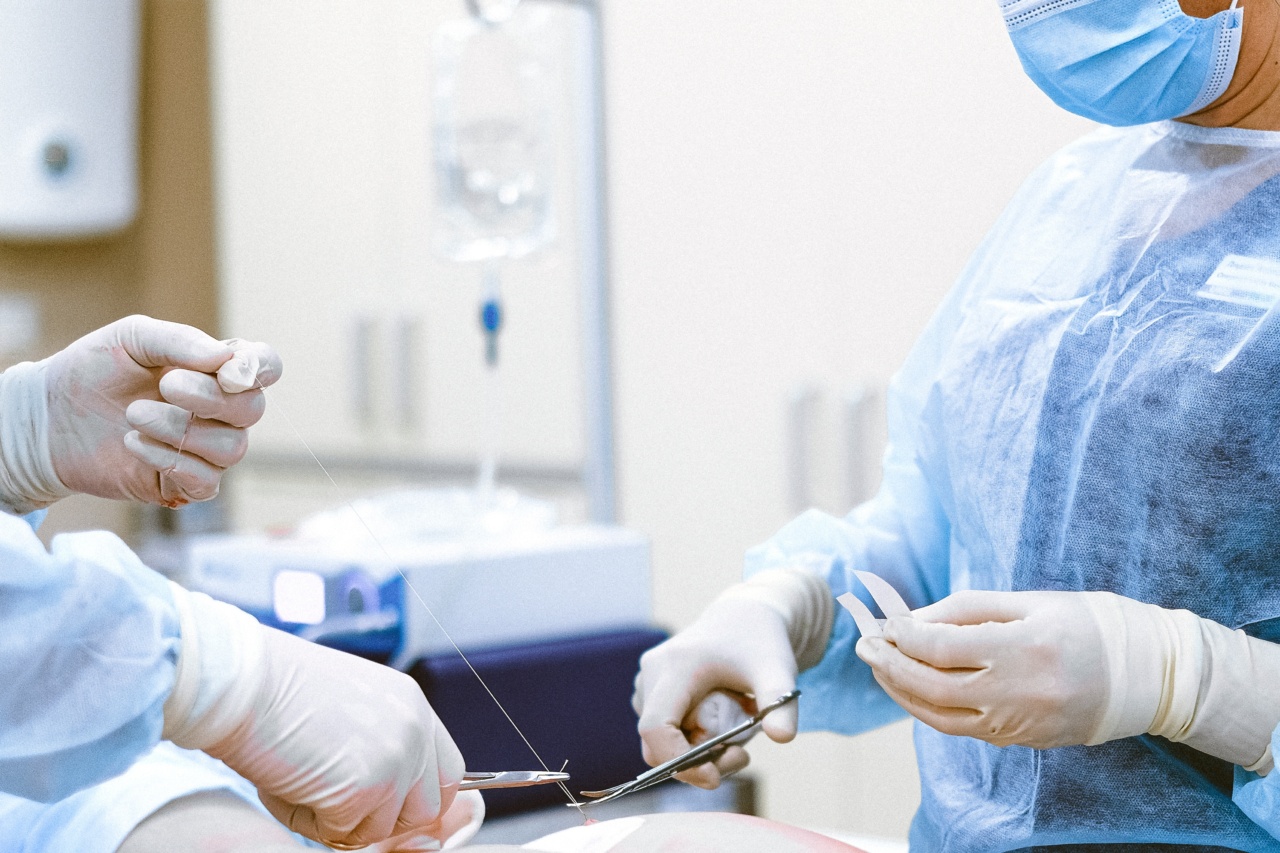For decades, Diabetes 2 has been considered a chronic, irreversible condition that requires lifelong management.
However, during the Obesity Surgery Conference held in London last week, an announcement was made that has the potential to change the way we perceive and treat Diabetes 2 forever.
The Announcement: Diabetes 2 Can Be Treated Surgically
The announcement, made by a group of leading experts in metabolic surgery, claimed that surgery could provide a viable treatment option for Diabetes 2 patients, including those who are overweight or obese.
According to the experts, surgery has the potential to not only improve the glucose control of Diabetes 2 patients, but to even put their condition into remission.
The experts based their claims on a substantial body of evidence, including a number of clinical trials that have shown the benefits of surgery for Diabetes 2 patients.
In fact, one study found that surgery was an effective treatment option for 60-70% of Diabetes 2 patients, with some even becoming completely free of the condition after surgery.
Why Surgery Works for Diabetes 2 Patients
So just how does surgery work for Diabetes 2 patients? The answer lies in the fact that Diabetes 2 is often linked to obesity and excess weight.
When a patient has too much body fat, their body’s natural ability to manage glucose is impaired, leading to high blood sugar levels and a diagnosis of Diabetes 2.
Surgery works by altering the gastrointestinal (GI) tract in such a way that it helps the body to better manage glucose.
There are several different types of surgery that can be used to achieve this, including gastric bypass, sleeve gastrectomy, and biliopancreatic diversion. Regardless of the type of surgery, the basic principle remains the same: by altering the GI tract, the body’s natural glucose management system is improved.
What’s more, surgery can also lead to weight loss, which further helps to improve glucose control. This is because weight loss reduces the amount of fat in the body, which in turn helps the body to better manage glucose.
By combining the two – surgery and weight loss – patients are often able to achieve dramatic improvements in their glucose control.
What This Means for Diabetes 2 Patients
The announcement made at the Obesity Surgery Conference is potentially game-changing for Diabetes 2 patients.
Instead of being resigned to a lifetime of medication and management, many patients could now have the option of undergoing surgery to improve their condition.
But surgery is not a panacea. As with any medical procedure, there are risks involved, and patients must be carefully screened before they are deemed suitable candidates for surgery.
In addition, surgery requires a significant commitment from patients, both before and after the procedure.
Nevertheless, for many Diabetes 2 patients, the option of surgery is an exciting development. It may mean that they can finally achieve the glucose control they have been yearning for, and live free from the burden of their condition.
The Future of Diabetes 2 Treatment
The announcement made at the Obesity Surgery Conference is just the latest in a series of exciting developments in the field of Diabetes 2 treatment.
In recent years, there has been a growing understanding of the link between Diabetes 2 and obesity, and a number of new treatments have emerged as a result.
Surgery is just one of these treatments, but it is perhaps the most radical.
By altering the body’s natural glucose management system, surgery has the potential to fundamentally change the course of Diabetes 2, and to provide a new lease of life for patients who have been struggling with the condition for years.
As the experts at the Obesity Surgery Conference noted, more research is needed to fully understand the benefits and risks of surgery for Diabetes 2 patients.
However, the potential is there for surgery to become a mainstream treatment option for Diabetes 2 in the years to come. If this happens, it could change the lives of millions of people around the world.
Conclusion
The announcement made at the Obesity Surgery Conference is undoubtedly a game-changer for Diabetes 2 treatment.
For the first time, there is a viable surgical option that has the potential to not just manage the condition, but to even put it into remission. However, as with any medical treatment, surgery is not a panacea, and careful screening and patient education is essential before any surgical procedure.
Nevertheless, the potential benefits of surgery for Diabetes 2 patients are clear, and it is likely that we will see a growing number of patients opting for surgical treatment in the years to come.
With proper screening, education, and care, surgery could be the key to a new lease of life for millions of Diabetes 2 patients around the world.





























